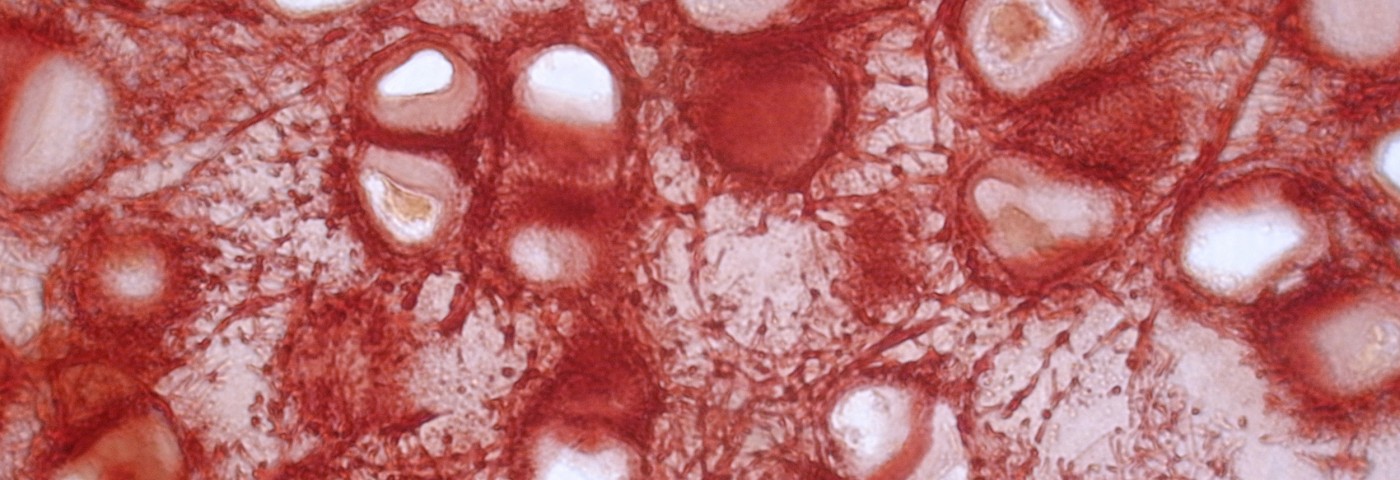A recent study found that microvesicles in white blood cells travel into cartilage where they protectively counter the affects of arthritis and, importantly, can be manipulated to deliver therapeutic agents into the otherwise impenetrable tissue. The research paper, entitled “Neutrophil-derived microvesicles enter cartilage and protect the joint in inflammatory arthritis” was published in Science Translational Medicine.
Neutrophils, white blood cells essential to the innate immune response, exercise their protective function by sending out microvesicles (MVs), structures that are known contain over 300 different proteins and tend to accumulate in the synovial fluid (liquid found in joints) of rheumatoid arthritis (RA) patients.
Researchers, led by Professor Mauro Perretti from the Queen Mary University of London’s William Harvey Research Institute, used two mouse models of RA genetically manipulated to have reduced vesicle protection. Their observations indicate that MVs, delivered locally, enter the cartilage and prevent the loss of proteoglycans (protein abundant in the connective tissue), maintaining cartilage integrity while reducing inflammatory damage. Microvesicles protect the cartilage against the autoimmunity characteristic of RA through a complex mechanism involving the protein annexin A1 and its receptor.
This protective role against tissue degradation was also confirmed when the experiment was carried out in human cartilage cells. “Our study indicates that these vesicles could be a novel form of therapeutic strategy for patients suffering from cartilage damage due to a range of diseases, including osteoarthritis, rheumatoid arthritis and trauma. Treating patients with their own vesicles may only require a day in hospital, and the vesicles could even be ‘fortified’ with other therapeutic agents, for example, omega-3 fatty acids or other small molecules,” Professor Perretti said in a news release.
Researchers further discovered that one particular cellular receptor, FPR2/ALX, might be a new potential target for cartilage degradation therapy, as it plays an important role in the protection of this tissue.
The study, funded by Arthritis Research UK, the Nuffield Foundation (Oliver Bird Fund) and the Wellcome Trust, opened a new avenue for possible arthritic joints therapy. Stephen Simpson, Medical Director of Arthritis Research UK, said, “By using the body’s own transport system to get new and current therapeutic agents directly into the cartilage, holds the promise that we will be able to reduce joint damage more effectively than ever. A healthy and intact joint results in less pain and disability improving the quality of life of millions of people living with arthritis in the UK.”


